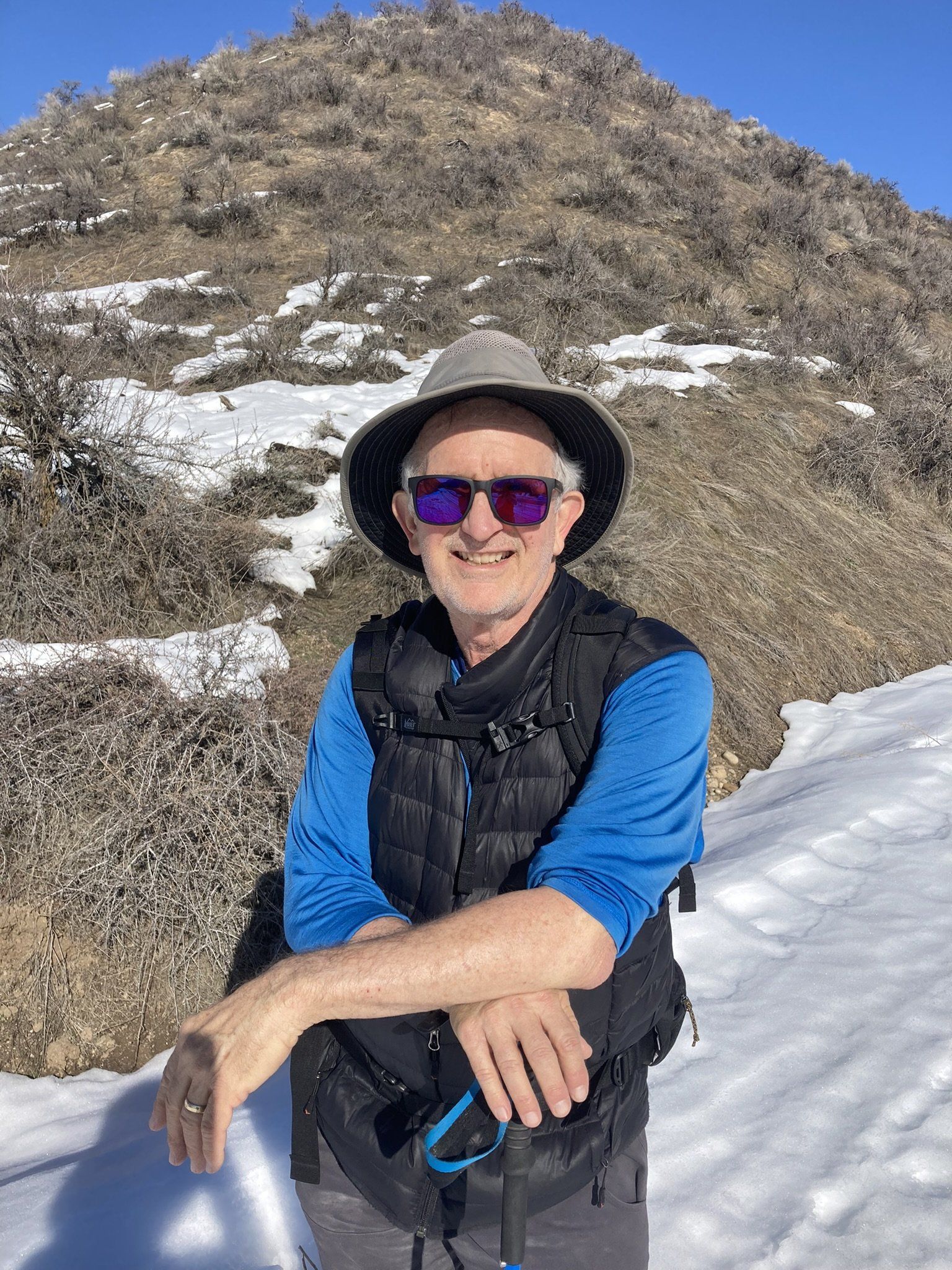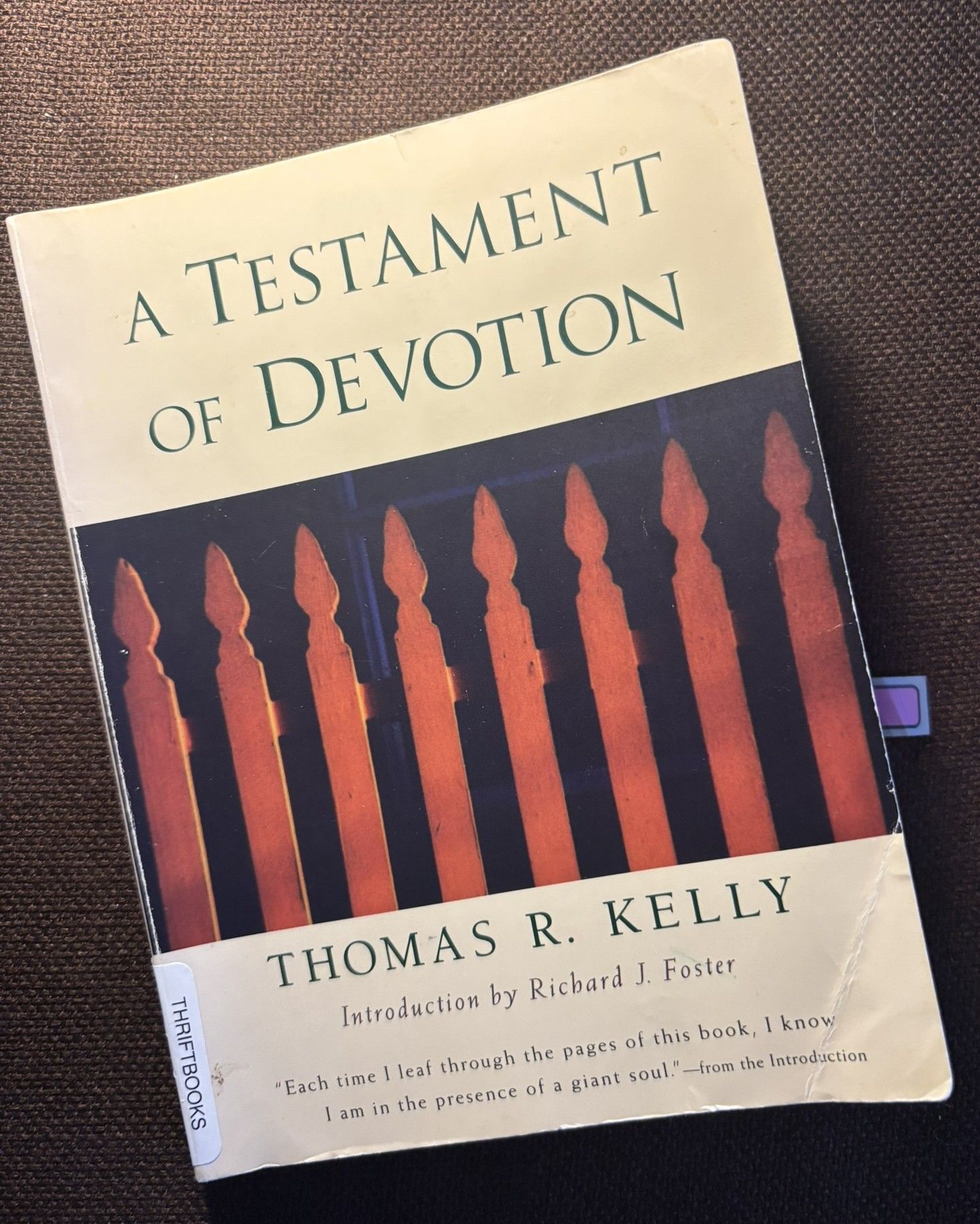Underwriting The Next Phase Of Your Life
Developing practices that will last a lifetime is one effective underwriting strategy.

Underwrite:
O.E.D. (one definition): "To set one's name to, subscribe to (a decision, statement, etc.); to agree to or confirm by signature. Also figurative, to support or reinforce (an idea, quality, etc.); to lend support to (a party, etc.)."
Transforming Work: "...using your current job to gain the information, develop the resources, and meet the people that will be required to move on successfully."
Arthur C. Brooks summarizes his bestselling book, From Strength to Strength: Finding Success, Happiness and Deep Purpose in the Second Half of Life, this way (p. 215):
Use things.
Love people.
Worship the divine.
To go from using the strengths that have contributed to our success in younger years, many of which decline with age, to using the strengths we will have in our older years, Brooks says, “requires learning a new set of life skills” (p. 214). What are those specific skills? Well, I couldn’t tell you yet. A group of us are going to be reading and discussing this book over the next few weeks. Brooks is is “the William Henry Bloomberg Professor of the Practice of Public Leadership at the Harvard Kennedy School and Professor of Management Practice at the Harvard Business School. Before joining the Harvard faculty in July of 2019, he served for ten years as president of the Washington, D.C.-based American Enterprise Institute (AEI), one of the world’s leading think tanks.”
Whoosh....Brooks is not an intellectual lightweight.
But he also writes a column for The Atlantic, called How To Build A Life, which I regularly read, and has a podcast I tune into from time to time, so when my friend Bob Grassberger suggested getting a group of people together to discuss this book, I was in. And it turns out the book, like his column, is very interesting, readable, and - so far anyway - seems like it is going to be very useful.
But I said yes for another reason.
I’m working on underwriting the next phase of my life.
One of the strategies Patricia Boverie and I proposed in our book, Transforming Work: The Five Keys to Achieving Trust, Commitment, and Passion in the Workplace, was to “underwrite your future job with your current job”. Sometimes, we said, “it just doesn’t make sense to simply give two weeks’ notice, and yet it’s an emotional death sentence to give up and stay where you are”. We defined underwriting, differently than is in common use, as “using your current job to gain the information, develop the resources, and meet the people that will be required to move on successfully”, which means using the current situation one is in to prepare for the future. “Smart people,” we said, “make their current employers successful while at the same time preparing for the future.” One day, you and your employer will part ways. Will you be prepared to move smoothly, meaningfully, and joyfully, into a next phase that you have designed, built, and awaits with an open door?
We wrote the book through the lens of work and careers, but the same underwriting strategy applies to moving into other phases of life, like parenting or, in my case, retiring. How can I best underwrite my current situation so that when I retire, say a couple of years or so from now, it’s not like falling into an abyss.
One can underwrite the next phase in different ways, but here I want to suggest that developing practices that will last a lifetime is one effective underwriting strategy. Practices have particular qualities that are well suited for a life of meaning, joy, and nurture (see Chapter 4: Occupational Intimacy, in Transforming Work, for a description of how having a meaning, joyful, and nurturing workplace plays out. There is also a short section describing occupational intimacy in my book, The Manager as Motivator.)
Practices do not have to have an end – you may be able to practice right up until the end of your life. They can be a continuous source of meaning and joy, in part because they are also a continuous source of learning. Even when some of our physical skills decline we'll still be able to learn more about, say, crafting, or historical eras. Finally, practices are largely within your control. You can make your participation as large or small as you want, you can choose practices which fit your abilities and interests, and modify them over time, and you get to decide if you want to continue if the practice is making your life more joyful, or not. You can start a practice today, or at almost any time.
For myself, I have just a short list of practices I’m undertaking that I hope will take me in healthy ways to the next phase, whenever it comes. These, some more directly than others, fit the definition of underwriting because they also contribute to what I do for my work. In fact, over time I’ve become smarter about what is called “job crafting”. Dutton and Wrzesniewski, who have been studying job crafting for a couple of decades, define it as “ changing your job to make it more engaging and meaningful”. I became aware of their work many years ago and have always thought that job crafting can give people opportunity, even within organizational constraints, to make what they do more satisfying.
Joining a book discussion group fits Brooks’ criteria, and my own underwriting strategy, nicely. I get to develop relationships with new people who I’ll learn new ideas from and with, and deepen relationships with people I already know (in this case, my long time friend Bob Grassberger). The practices of reading and writing fit nicely here as well (N.B., this essay….). Plus, it’s scalable. This particular book discussion is planned to take place weekly over a month or so. It could, however, become something more, like another book discussion group I'm in, with an entirely different group of fascinating people, that met monthly for over a year to read and discuss Mirabai Starr’s book, Wild Mercy: Living The Fierce And Tender Wisdom Of The Women Mystic. We enjoyed that experience so much that we are going to keep going and discuss another book.
What fun!
I also am reading and trying to grok and incorporate material that fits right into what I do for my job, which is being a college professor. My scholarly work is focused on what we describe as “profound learning” over a lifetime. My colleague and friend Dr. Davin Carr-Chellman and I have been working on this together for several years now. My classes, I believe, are also enriched as I develop new understandings and resources that I hope benefit our students.
That is what I'm trying to do in my situation. What are the ways you can craft your own jobs and careers to underwrite the next one?
When I was young, my dad taught me tennis. Tennis, he would say, is a sport that you can play all your life. And it’s true. Tennis can be a rich part of one’s life and adapted to one’s age and physical capacity. I loved that idea, played hard and competitively when I was young and then more socially (still competitively…) as a got older. But an old injury to my neck and shoulder meant I had to stop playing years ago, and the sport which I had thought would underwrite my physical health and would be a source of community in later years, just isn’t possible. I can’t even play pickleball.
But I’ve picked up hiking instead. As a practice, it has many of the qualities I described above. It can be social. Long hikes with my friend Vincent Fortunato have led to many wonderful conversations over the years. It’s scalable, depending on ability, time, circumstance. It can contribute to other practices, like contemplative work, or photography. And so on. Hiking today is, I am hoping, going to underwrite what will help make life meaningful in the next phase(s) of life. Finally, yes, hiking should be an excellent practice later, but it is also an excellent practice for me right now.
What are you doing now to underwrite the next phases of your life?
Brooks’ first chapter is depressingly titled “Your Professional Decline Is Coming”, and he lays out why. The strengths, he says, that make us successful today will not be the ones that will make us successful later in life. “On average,” he says, “the peak of creative careers occurs at about twenty years after career inception, hence the finding that people usually start declining somewhere between thirty-five and fifty” (p. 8). I’ll have to read and discuss more with our group to find out what do with that (what to do, what to do…) little piece of reality.
Yikes!
In the meantime, I suggest that being strategic about life, and thinking about the practices that will take us from this phase of life, meaningfully and joyfully, to the next phase of life is worth starting to think about and to set out about, right now.
Sources/Resources
Boverie, P. E., & Kroth, M. (2001). Transforming work: the five keys to achieving trust, commitment, and passion in the workplace. Perseus Pub.
Brooks, A. C. (2022). From Strength to Strength: Finding Success, Happiness and Deep Purpose in the Second Half of Life. Bloomsbury Publishing.
Dutton, J.E., and Wrzesniewski, A., (March, 2020). What Job Crafting Looks Like. Harvard Business Review https://hbr.org/2020/03/what-job-crafting-looks-like
Kroth, M. S. (2006). The manager as motivator. Praeger.
Starr, M. (2019). Wild mercy: Living the fierce and tender wisdom of the women mystics. Sounds True.
Also:
Arthur C. Brooks, https://arthurbrooks.com/bio/
Arthur C. Brooks, How To Build A Life, https://www.theatlantic.com/newsletters/how-to-build-a-life/
We defined underwriting, differently than is in common use, as “using your current job to gain the information, develop the resources, and meet the people that will be required to move on successfully”, which means using the current situation one is in to prepare for the future.

Shaw Mountain Road. Getting Ready for Robie.











